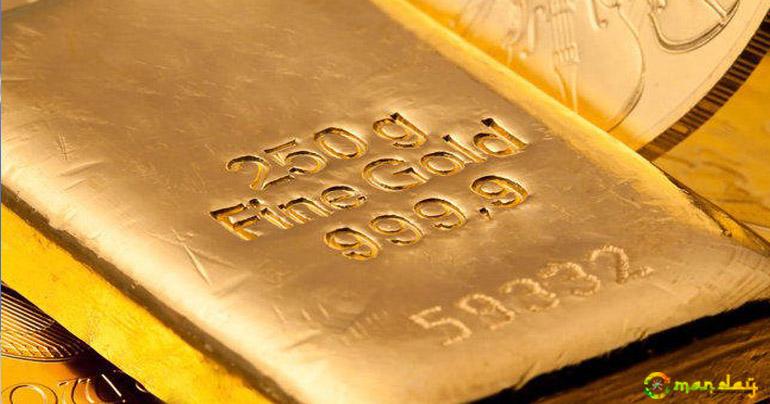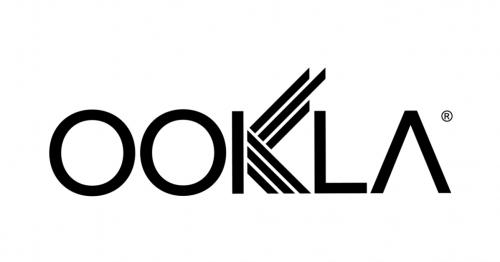Gold dips, heads for second weekly loss
Gold slipped on Friday, under pressure from tumbling equity markets, a firmer dollar and worries about rising global interest rates, but still found some support as a safe haven asset in times of market turmoil.
The dollar rose against a currency basket, heading for its best week since late October, while a 4 percent drop in Chinese shares dealt a fresh blow to world markets that have been reeling on worries about rising borrowing costs and soaring volatility.
“Just like any other commodity gold is getting caught up in risk reduction, but overall the stock market gyrations have most certainly provided underlying support,” said Ole Hansen, head of commodity strategy at Saxo Bank. Although the dollar had strengthened, he said investors were watching to see if the US administration’s planned tax cuts boosted the economy.
“If it doesn’t, it could have a negative growth impact, that’s not going to be dollar-positive,” he said.
A strong dollar makes dollar-priced gold costlier for non-US investors. Spot gold fell 0.2 percent to $1,316.61 an ounce at 1300 GMT. Prices touched their lowest since Jan. 4 at $1,306.81 on Thursday, and the precious metal is down 1 percent for the week so far, heading for a second straight weekly drop.
US gold futures were flat at $1,318.90 per ounce. The yield on benchmark 10-year US Treasuries , which tends to be the driver of global borrowing costs, was hovering at 2.86 percent, just short of both its Thursday peak and Monday’s four-year high of 2.885 percent.
“The threat of rising interest rates will have some downside pressure on gold,” said Argonaut Securities analyst Helen Lau. “However, in the near-term gold will gain due to volatile markets.”
Rising yields increase the opportunity cost of holding non-yielding bullion. Holdings of SPDR Gold Trust , the world’s largest gold-backed exchange-traded fund, have fallen over the last three sessions, and declined 1.7 percent so far this week, the worst since the week ended July 30, 2017.
Silver fell 0.4 percent to $16.36 an ounce, after touching its lowest since Dec. 22, 2017 at $16.22 on Thursday. Platinum rose 0.1 percent to $970.20 an ounce. It hit its lowest since Jan. 10 at $965 in the previous session. Palladium rose 0.9 percent to $971.47.
It marked its lowest since Oct. 25, 2017 at $958.95 on Thursday. “Following the recent declines, platinum and palladium are back to parity. Given our outlook for a slowdown in global car sales, we do not see the recent sell-off in palladium as a buying opportunity and maintain a bearish view,” said Julius Baer in a note.
tag: international-news , business
Share This Post






